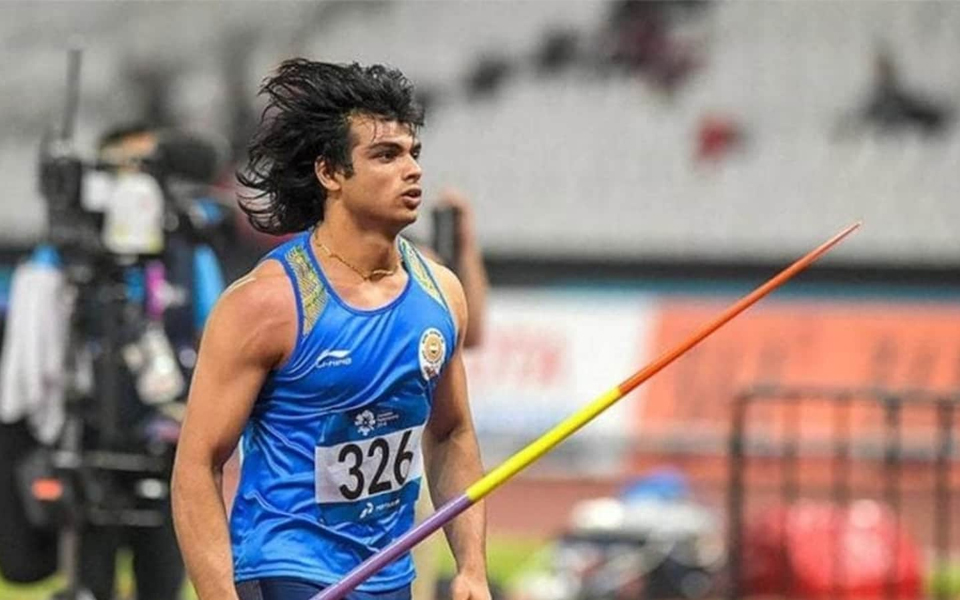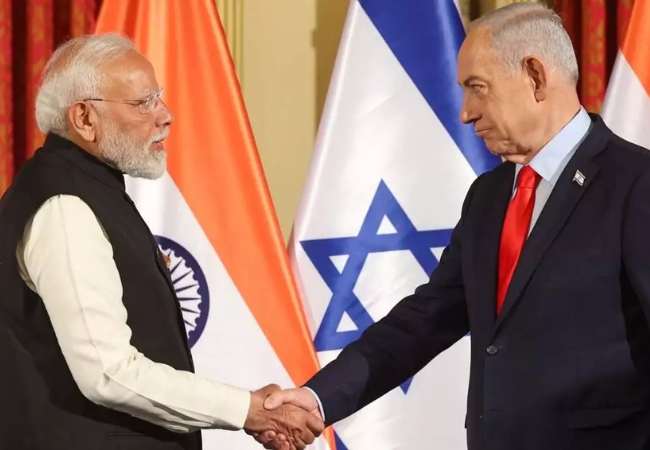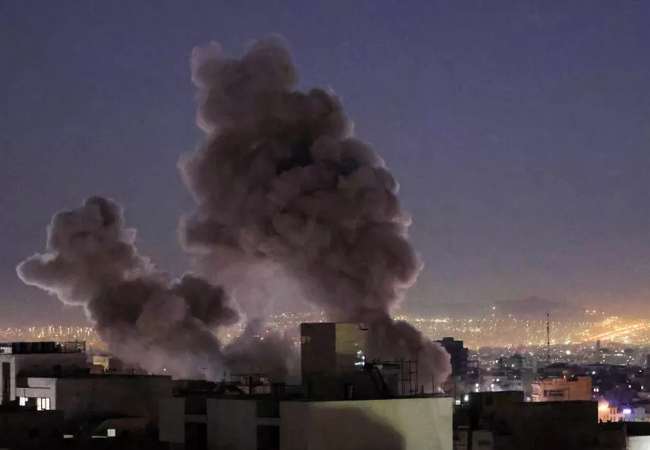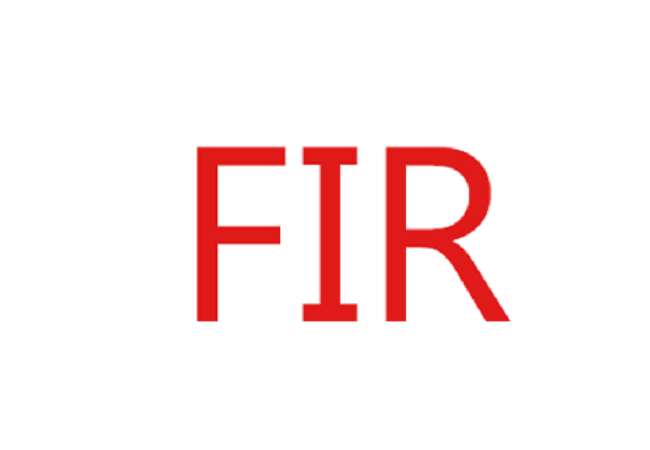Tokyo(PTI): Medal contender Neeraj Chopra became the first Indian javelin thrower to enter the finals of the Olympic Games with a stunning throw of 86.65m in his opening attempt that put him on top of the qualification round here on Wednesday.
The 23-year-old kept India's hopes of an elusive Olympic medal from athletics alive by earning a direct entry into the finals to be held on Saturday as he sent the spear well past the qualifying mark of 83.50m in his first attempt.
However, Shivpal Singh, failed to make the final cut with a below-par best throw of 76.40m, which he came up in his first attempt, to finish a lowly 12th in the Group B qualification which featured 16 athletes.
Competing in his first Olympics, Chopra took just a few seconds to make the final round. He topped the Group A contest as well as the two qualifications rounds.
A farmer's son from Khandra village near Panipat in Haryana who took up athletics to shed flab, Chopra left the javelin arena after his first throw.
"I am at my first Olympic Games, and I feel very good. In warm-up my performance wasn't so good, but then (in the qualifying round) my first throw had a good angle, and was a perfect throw," Chopra said after his event.
Chopra is, however, under no illusion that the final will be a totally different contest where the world's best will go for podium finish.
"It will be a different feeling (in the finals), since it is my first time in the Olympics. Physically we (all) train hard, and are ready, but I also need to prepare mentally.
"I will need to focus on the throw, and try to repeat this (performance) with a higher score," he said.
Chopra's performance on Saturday will go down as one of the best performances by an Indian in the Olympics, as he finished ahead of gold medal favourite and 2017 world champion Johannes Vetter of Germany.
Vetter, who had earlier said that Chopra will find it tough to beat him in the Olympics, struggled in his first two throws before crossing the automatic qualification mark with a 85.64m final throw.
The 28-year-old towering German, who came into the Olympics after having seven monster throws of 90m-plus between April and June, was lying at a dangerous seventh position after his first two throws but eventually qualified for the final at second overall behind Chopra.
"It was a bit tough today for me. It is hot, takes some time to the right timing, the right positions and the right rhythm. It is what it is right now. I have to analyse it and try to give my best on Saturday (in the final)," Vetter said.
Pakistan's Arshad Nadeem, who had won a bronze medal when Chopra clinched gold in the 2018 Asian Games in Indonesia, topped Group B to earn an automatic qualification to the finals with a second round throw of 85.16m.
He qualified for the finals at overall third behind Chopra and Vetter.
Finland's Lassi Etelatalo also advanced to the final as an automatic qualifier with a first round throw of 84.50m.
Those who touch 83.50m mark or the 12 best performers qualify for the final on Saturday.
The Indian athletics contingent, including Athletics Federation of India (AFI) president Adille Sumariwalla and Klaus Bartonietz, the bio-mechanics expert in charge of Chopra, were cheering from the almost empty stands.
This was Chopra's seventh best throw and third best of the season 2021.
The earlier six best throws are 88.07m (March 2021; Indian GP-3), 88.06m (2018, Asian Games), 87.87m (January 2020; ACNW Meeting in South Africa), 87.80m (March 2021; Federation Cup), 87.43m (May 2018, Doha Diamond League) and 86.79 (June 2021; Kuortane Games in Finland).
The reigning Asian Games and Commonwealth Games gold medallist had been short of preparations in the run-up to the Olympics with just three international events, out of which only one -- Kuortane Games in Finland -- was of top-class level where Vetter took the gold and he finished third
The 26-year-old Shivpal, who has a season's best of 81.63m and personal best of 86.23m (in 2019), began with a 76.40m and then came up with disappointing efforts of 74.80m and 74.81m in the next two throws to finish 12th in Group B and 27th overall out of 32 competitors.
Let the Truth be known. If you read VB and like VB, please be a VB Supporter and Help us deliver the Truth to one and all.
Srinagar (PTI): National Conference MP Aga Ruhullah Mehdi on Monday criticised Jammu and Kashmir Chief Minister Omar Abdullah for failing to "condemn" the assassination of Iranian Supreme leader Ayatollah Ali Khamenei.
Mehdi said if Abdullah cannot find the courage to condemn the assassination of Khamenei, his words of concern for the situation in the Gulf country have no value for the people who followed and respected the Supreme leader of Iran.
"While going through Tweets and statements, I found that he is "concerned" and falls short of condemnation, let alone a word of tribute," Mehdi said in a post on X without naming the chief minister.
The Lok Sabha member from Srinagar constituency, who is in an estranged relationship with the ruling National Conference, said if Abdullah does not have the courage to condemn the act of aggression against a sovereign nation, he should keep his concern to himself.
"If you cannot find the courage to condemn an act of aggression against a sovereign nation and assassination of a highly respected religious figure who is widely followed by your electorate and fellow citizens, because the people in power in the centre you are trying to cosy up to will get upset- Keep your "concern" with yourself," Mehdi added.
The chief minister on Sunday said he was deeply concerned about the unfolding developments in Iran, including the killing of Iran's Supreme Leader, Ayatollah Ali Khamenei.
"I appeal to all communities to remain calm, uphold peace, and avoid any actions that could lead to tension or unrest," he posted on X.
National Conference issued a statement attributed to party president Farooq Abdullah in which he condemned the killing of Khamenei in joint strikes by the US and Israel.
"(Farooq) Abdullah has strongly denounced the act, describing it as a tragic and destabilising development with serious implications for peace and stability in the region," the National Conference said in the statement.
While going through Tweets and statements I found that he is “concerned” and falls short of condemnation let alone a word of tribute.
— Aga Syed Ruhullah Mehdi (@RuhullahMehdi) March 1, 2026
If you cannot find courage to condemn an act of aggression against a sovereign nation and assassination of a highly respected religious figure…


_vb_08.jpeg)


